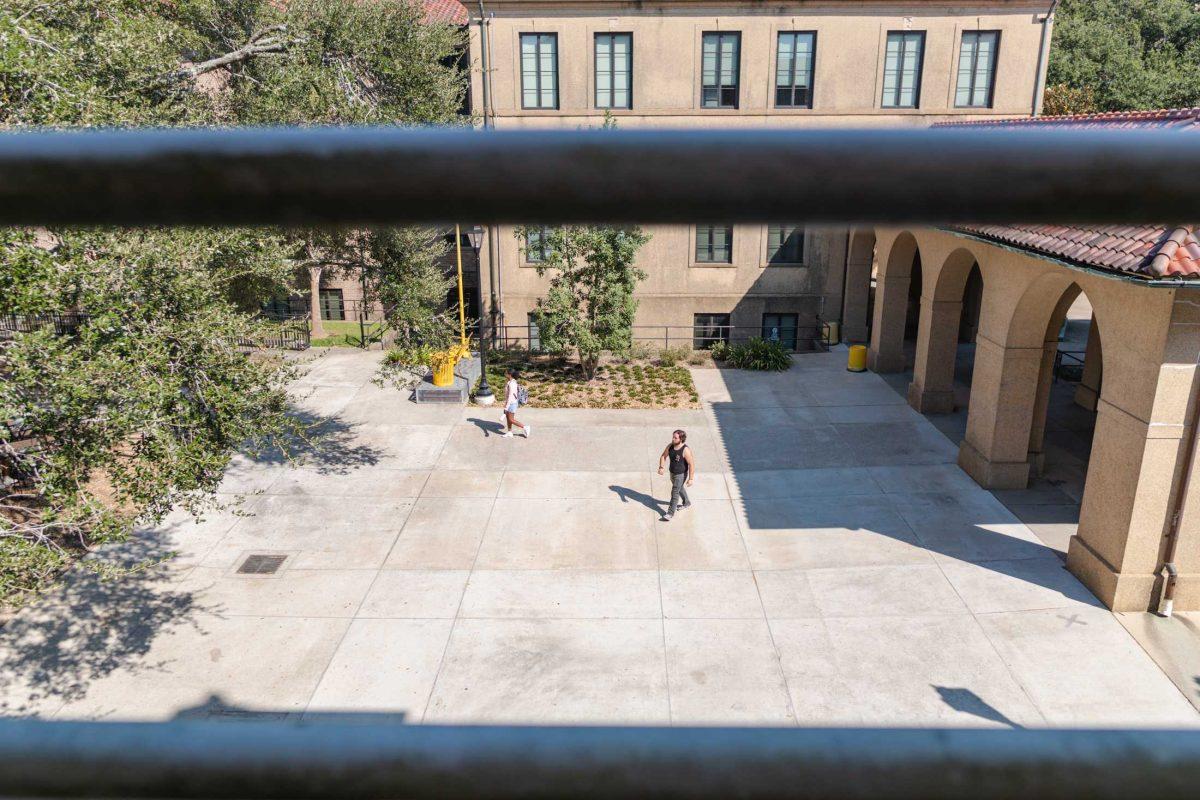Read this column in full at LSUReveille.com
For a college student, excitement about President Joe Biden’s recent student debt forgiveness executive order almost seems like an expectation. On the one hand, if you’ve borrowed money for school, it’s undeniably convenient to not have to pay it back. On the other hand, if you haven’t taken out loans, it seems only fair that everyone else receives the benefit – right?
Don’t be so sure. Although it may appear to be a much-needed win for those burdened with inescapable debt, Biden’s plan is costly for just about everyone involved.
The most obvious negative to this policy is its enormous cost: It’s the most expensive executive order in history, coming in at just over $400 billion, according to the Congressional Budget Office. It’s set to forgive $10,000 in student loans for individuals who didn’t receive a Pell Grant, a form of federal aid for low-income undergraduate students, and $20,000 for those who did.
The cost for the general population is almost equally obvious, given the U.S.’s current economic situation. Inflation is currently at an all-time high, sitting at an astounding 8%, while the current recession, despite the president’s protests, only grows, bolstered by the huge amounts of money being sent to fight a foreign war in the east. $400 billion dollars added to the federal deficit will do little to help.
The executive order also has consequences for soon-to-be college students. It will cause tuition inflation, hiking up prices for future students, student loans or not.
In an interview with Forbes Magazine, University of New Haven associate professor of economics Patrick Gourley said that student debt forgiveness will set a dangerous precedent for universities going forward.
“If you think the price of tuition has gone up in the past 10 years, just wait for the next 10,” Gourley said.
The main losers in this scenario are the students of the future who will have to shoulder this burden.
For those college students at both the undergraduate and graduate levels who didn’t take out loans, too, Biden’s plan is frustrating. Not for the ones who were fortunate enough to have their parents pay their way (not that there’s anything wrong with that), but rather those who chose to attend schools they could afford.
I’m one of these students. I attended LSU-Shreveport for my undergraduate education, because it was there that I could pay for my school through scholarships instead of loans. This was a conscious choice I made: to forgo attending a higher-ranked university in order to avoid borrowing money, even though it could’ve hurt my chances for graduate school.
Years later, I came to Baton Rouge because it was at LSU that I received a scholarship, even though I had been accepted at higher-ranked programs.
And though I certainly don’t begrudge anyone whose student debt is being forgiven – in fact, I have family members who will see their debt forgiven – it does leave me wondering what my educational options could’ve been knowing I could’ve received up to $20,000 off my tuition.
But there are other, less personal reasons to not embrace the White House’s plan: It’s almost certainly a pragmatic, not principled, attempt to garner support from young members of the middle and lower classes ahead of midterm elections.
At the heart of this cynicism is the dubious legality of the executive order.
Take, for example, House Speaker Nancy Pelosi’s, D-Calif., flip-flop on the presidential authority to forgive student loans.
Pelosi praised Biden’s order as a “strong step in Democrats’ fight to expand access to higher education and empower each American to reach fulfillment,” but in July, Pelosi denied that Biden had the authority to forgive student loans.
Any explanation for the speaker’s flip-flop, outside of pure political expediency, is flimsy at best.
None of this is to say this executive order is the worst thing in the world. It’s most certainly not, and it will relieve many people in the short-term.
But politics and policy aren’t just about satisfying immediate political ends. They aren’t about winning the next election or about keeping power no matter the practical or economic burden.
Politics should instead be about doing what’s best for the nation and about sacrificing the immediate needs of party for the good of the whole especially the next generation, who will desperately need a strong civic education if we’re to overcome the troubles quickly approaching.
College students shouldn’t feel pigeonholed into supporting the executive order just because they feel that their educational or debt status demands it. Principles and the common good are equally worth fighting for, even if there’s an explicit cost.
Benjamin Haines is a 24-year-old history graduate student from Shreveport.




